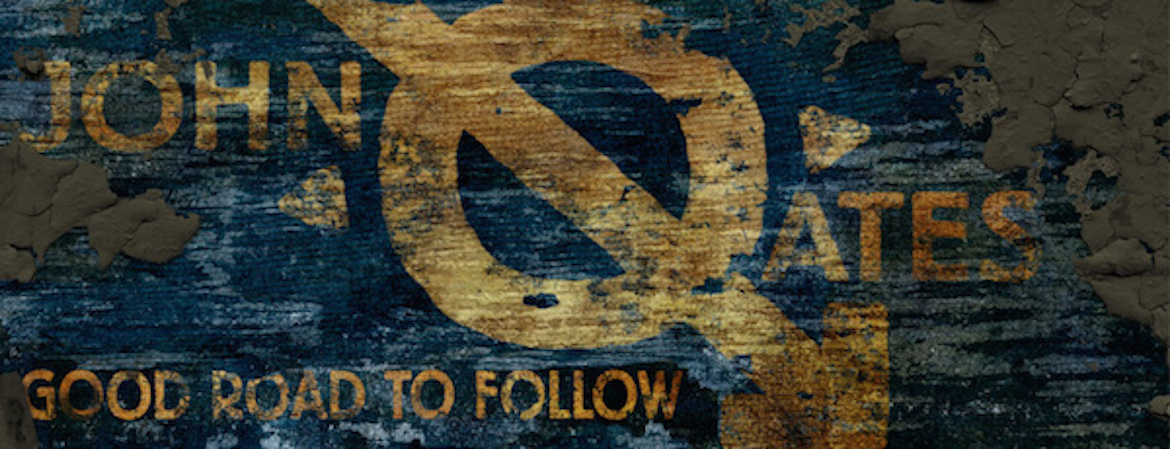John Oates
Good Road To Follow
Elektra/PS Records
★★★
Where John Oates spent his last album—Mississippi Mile—playing tribute to Delta-based blues and R&B, Good Road To Follow is spent making a name for himself. Not that he needs to make a name for himself. He is John Oates after all! But where this album treads is a departure from stepping into the traditional elements from the genres he is influenced by and bringing those elements into his comfort level of heart and soul with a little bit of grit and a lot of respect to the music that makes him who he is. Did I mention he’s John Oates?
When you first hear “Stone Cold Love,” you are unsure of yourself and the possibility of how Good Road To Follow plays out. Is this going to be the album you hope for out of one half of Hall and Oates? But then you ask yourself why is their autotune? Can Oates not carry the pop stance anymore without technology to lean on? Having it there does lean more toward a pop paradigm in a predominate blues album. It lays on top of a sweaty dance stomp number. The song actually becomes the strange anomaly to what we get out of this album. It is chock full of some great rock classics where Oates can call his own.
John Oates – Bad Bad Love
“The Head That Wears The Crowd” is post-blues, singer-songwriter brilliance that twists and turns human nature into a transcendental experience. “You ain’t no king of the mountain. He’s just a man standing on the ground. What takes you up ought to bring you down…down…down…” From the music to Oates’ vocal expression, it’s one of his finer moments on this album.
“Believe In Me” continues this trend using gospel-tinged elements and early ‘70s Stones-style banter to exemplify great R&B rock fueled by a powerful horn section and a couple of backup singers to give it power within the layers. What this proves is that Oates just laid down some great rock songs you can either dissect and extract meaning from or simply get down to.
And there is plenty of diversity nestled in these 15 songs. Even in the acoustic intimacy of “Lose It In Louisiana” he paints a picture of the Quarter like an outsider looking in; a saint in the city of saints.
“Six Men” may sound like an anthem for workers on the line in the Southern heat, but it’s “Bad Bad Love” that really showcases Oates talent for writing a damn good song.
Nestled somewhere between Muscle Shoals-era ‘70s rock and OU812 rockin’ Sammy Hagar bourbon-soaked crooning, Oates has found a place where he can shine as long as he does not stray too far from the core elements that made his solo career a success.




No Comment! Be the first one.